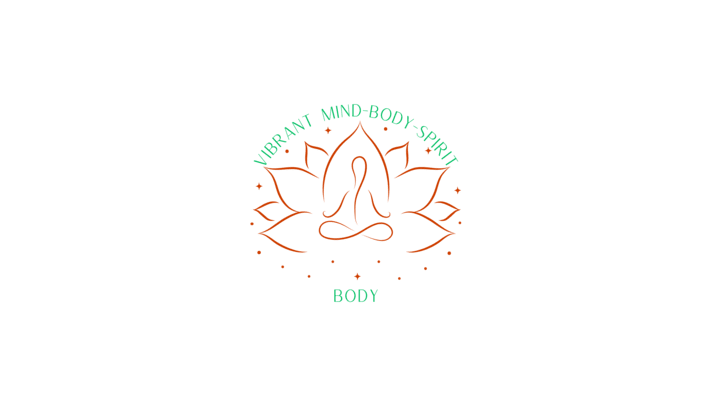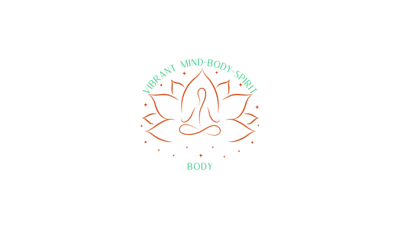Educational Resource for Patients and Professionals
Health care blogs have become an indispensable resource for both patients and healthcare professionals alike. With the vast amount of medical information available, these blogs offer a structured, easily accessible medium to disseminate reliable and up-to-date knowledge on various health-related topics. For patients, the blogs serve as a crucial bridge that simplifies complex medical jargon, aiding them in understanding their conditions and management options more clearly. For instance, topics such as nutrition advice, mental health awareness, chronic disease management, and emerging medical research are frequently explored and communicated in a manner that is both engaging and comprehensible.
The accessibility of health care blogs means that important information is just a few clicks away, providing immediate access to guidance on a plethora of medical issues. This easy access to reliable information can greatly improve patient outcomes by empowering individuals to make informed decisions about their health. When patients are well-informed, they are more likely to follow treatment plans, engage in preventive care, and adopt healthier lifestyle choices, all of which contribute to enhanced overall health and wellness.
For healthcare professionals, these blogs are equally valuable. They offer insights into the latest medical research, treatment breakthroughs, and therapeutic strategies, thus aiding in the delivery of evidence-based care. Keeping up to date through credible health care blogs enhances clinical practice, supports continuous professional development, and ultimately leads to better patient care. By integrating knowledge from these blogs, healthcare professionals can mitigate the gap between emerging medical knowledge and practical application, facilitating improved patient management and care outcomes.
In conclusion, health care blogs stand as a vital educational resource. They not only foster an informed patient population but also arm healthcare providers with the knowledge necessary to deliver optimal care. Their role in modern wellness cannot be overstated, as they continue to bridge the gap between medical knowledge and patient comprehension, serving as a cornerstone for improved health literacy and care standards.
Community Building and Support
Health care blogs play a pivotal role in building a sense of community among their readers. These platforms often become a congregation point for individuals navigating similar health challenges, allowing them to share stories, advice, and emotional support. The interaction facilitated through comment sections, discussion forums, and social media amplifies the sense of belonging, which can be particularly comforting for patients and caregivers alike.
The value of shared experiences should not be underestimated. Personal stories and patient testimonials shared within health care blogs offer a relatable perspective that can be profoundly comforting. When readers see that others have faced similar health issues and have navigated through them, it significantly reduces feelings of isolation. Expert advice further enriches these narratives, providing professional insights that readers can trust and act upon. This collective wealth of information and support fosters a supportive environment that can immensely benefit individuals in their health journeys.
This supportive environment isn’t limited to patient and caregiver interactions. Health care blogs often attract medical experts who contribute their knowledge and perspectives, making these platforms invaluable educational resources. The dialogue that ensues between patients, caregivers, and experts transforms these blogs into dynamic, interactive communities where questions can be asked and answers shared in real-time. Such interaction not only builds trust but also closes the gap between healthcare providers and their communities.
Furthermore, health care blogs are instrumental in directing readers to helpful resources. Whether it’s identifying local support groups, recommending counseling services, or providing information about healthcare facilities, these blogs serve as a critical guide. They act as a bridge, connecting readers with the professional help they need, thereby enhancing their overall wellness journey.
By fostering a supportive online environment, health care blogs help individuals feel less isolated and more empowered in managing their health. The invaluable community support, emotional solace, and practical resources offered by these platforms make them indispensable in the modern wellness landscape.


